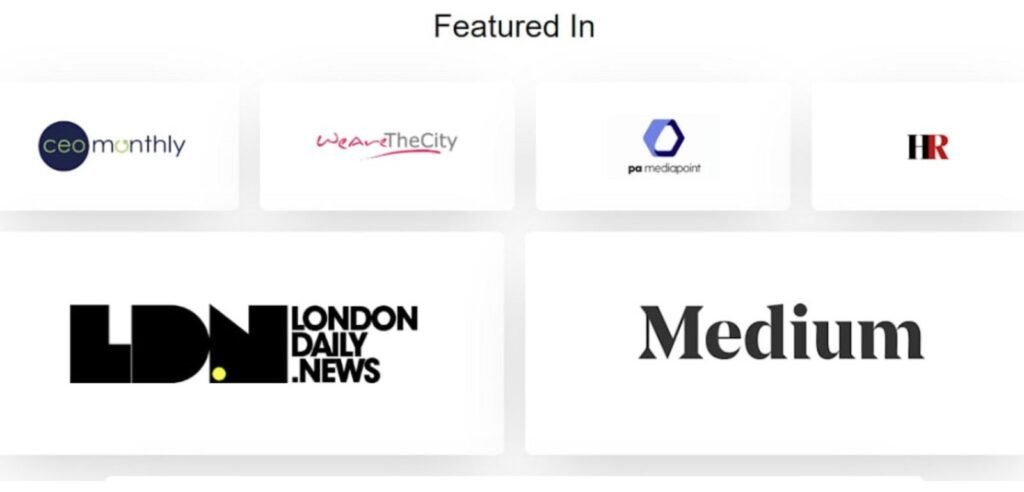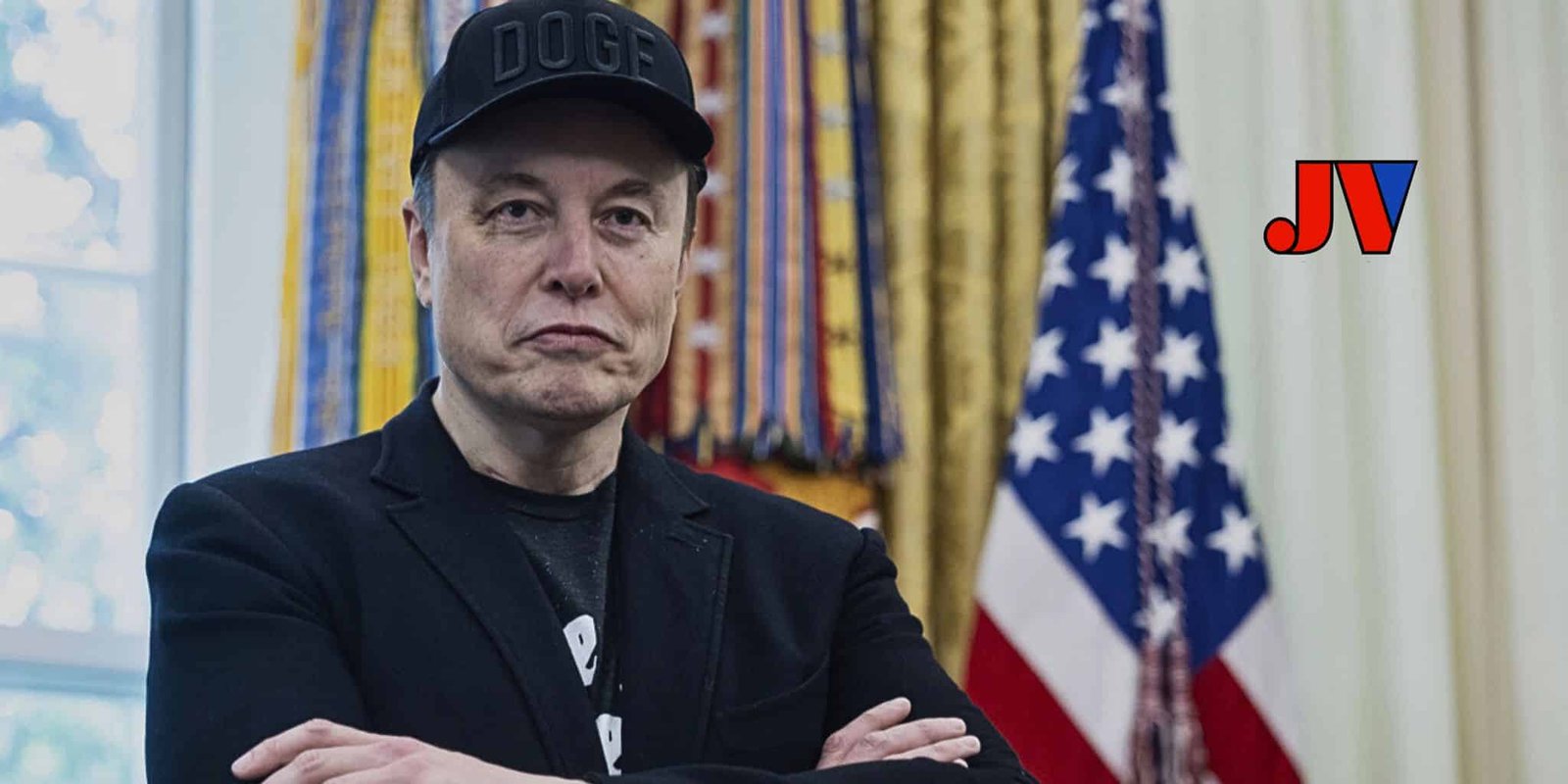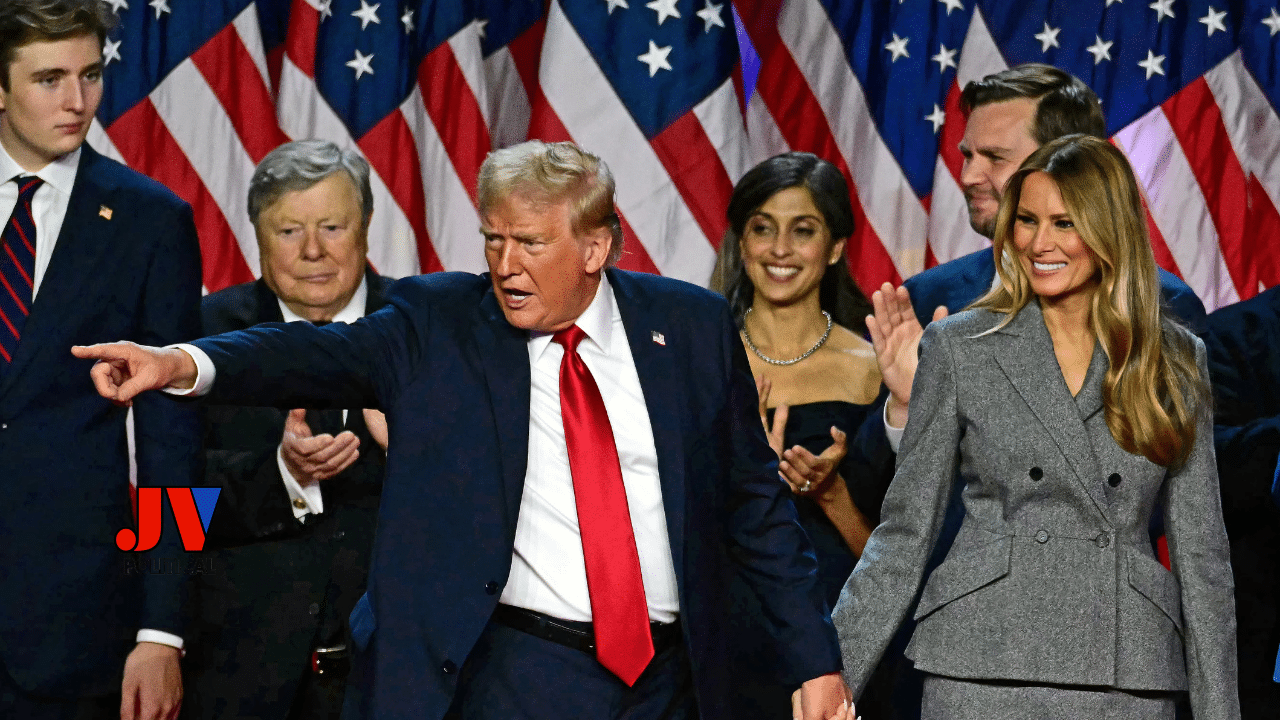How Trump’s Senate Allies Fight Big Tech Censorship in 2025
The hold of Big Tech on free speech faces intense scrutiny while Trump’s supporters in the Senate spearhead efforts to challenge this control in 2025. You’re part of many individuals who oppose Silicon Valley elites censoring conservative speech. The censorship tactics of Big Tech ranging from shadowbanning to direct deplatforming has incited significant outrage from MAGA supporters. But hope is on the horizon. Trump’s Senate allies march forward with courage to break up the “censorship cartel” and bring back your freedom to express yourself. This exclusive JV Political breaking news blog examines the tactics of conservative warriors resisting censorship and investigates their leadership while contemplating the implications for future free speech rights. Don’t miss our intense revelations and practical updates!
Why Big Tech Censorship Is a Threat to Freedom
The dominant tech giants Google, Meta, and Apple now control the content you encounter and express online with unparalleled authority. The algorithms of big tech companies extend beyond content curation to establish control over narratives. The conservative community including grassroots activists and MAGA leaders faces throttling and demonetization by platforms whenever they express anti-left viewpoints. When people challenge election integrity or reveal progressive policies they face a digital penalty.
The Scale of the Problem
- Shadow banning: Social media platforms quietly minimize the visibility of conservative posts to reduce their audience reach without any warning.
- DE platforming: Prominent Trump supporters find their accounts deleted without warning overnight.
- AI Censorship: New AI technologies are purportedly being used to identify and suppress politically conservative content.
- Collusion Claims: Sources indicate that Big Tech companies collaborated with government entities to suppress dissenting voices predominantly during President Biden’s term.
The issue goes beyond isolated tweets because it represents a steady destruction of fundamental free speech rights. Silicon Valley’s determination of acceptable content threatens both the First Amendment and American democratic values.
Trump’s Senate Allies: The Frontline Fighters
President Trump’s Senate allies display fierce determination to challenge Big Tech during 2025. With support from their Republican majority colleagues these senators use their authority to advance laws and organize hearings to ensure accountability. This section explains who is spearheading the initiative as well as their approach to amplifying your voice.
Senator Josh Hawley: The Populist Powerhouse
MAGA supporters favor Senator Josh Hawley (R-MO) because of his passionate speeches and daring political moves. Senator Josh Hawley voices strong opposition to Big Tech’s politically motivated censorship which he claims suppresses conservative viewpoints across platforms like Google and Meta. During 2025 Senator Hawley advocates for changes to Section 230 of the Communications Decency Act which protects tech companies from being held accountable for user-generated content. According to Hawley these tech companies behave as publishers rather than neutral platforms and deserve penalties for suppressing legal speech.
Senator John Thune: The Strategic Leader
Senate Majority Leader John Thune (R-SD) organizes the Republican Party’s legislative approach. He conveys his message with restraint but stands completely behind Trump’s objective to limit Big Tech influence. Thune has backed investigative hearings into government-Big Tech collaboration while subtly promoting legislative support for American-made products in government purchases.
Other Key Players
Senator Ted Cruz (R-TX): Cruz is demanding transparency from Big Tech about their content moderation algorithms and decision-making processes.
Senator Marsha Blackburn (R-TN): Senator Marsha Blackburn is pushing for tougher antitrust measures that would divide Big Tech monopolies.
Senator Bernie Moreno (R-OH): Moreno who recently entered Congress works together on legislation that defends conservative speech on the internet.
The key initiatives for 2025 outline the active steps being taken to fight back.
Trump’s Senate allies aren’t just talking—they’re acting. The major initiatives they plan to use in 2025 to fight against Big Tech censorship include several strategic approaches.
Reforming Section 230
Big Tech has used Section 230 as a protection mechanism while senators Hawley and Cruz actively pursue amendments to this law. The proposed legislation expects tech companies to demonstrate their content moderation practices are conducted in “good faith. If tech companies fail to demonstrate good faith content moderation they will face lawsuits which will demand higher levels of accountability.
Antitrust Crackdowns
Assistant Attorney General Gail Slater leads the DOJ antitrust division in its effort to challenge major tech companies including Google and Meta. Trump appointee Slater works in partnership with Federal Trade Commission chair Andrew Ferguson to fight against monopolistic behavior. The FTC under Ferguson has launched legal action against Meta for its Instagram and WhatsApp purchases to break up its market control.
Investigating AI Censorship
The House Judiciary Committee Chairman Jim Jordan who is not a senator works together with Senate allies to examine if Big Tech’s AI systems suppress conservative content. The government has issued subpoenas to tech firms Apple, Nvidia and Open AI for their email records regarding pressure to censor right-wing expressions.
Promoting Free Speech Platforms
Legislators support the development of alternative platforms such as X that focus on supporting free expression. These revelations of Big Tech’s biases are pushing users toward platforms that support conservative expression.
What’s at Stake for Conservatives
The battle against Big Tech censorship extends beyond saving posts to protecting conservatives’ capacity to organize and educate their followers. Big Tech’s suppression of MAGA voices would lead to:
- Suppress voter turnout in future elections.
- Limit exposure to conservative policy solutions.
- The force that helped Trump win in 2024 needs to be diminished.
Trump’s Senate allies working towards this goal provides a reason to be optimistic. Their actions aim to create equal opportunities so conservative messages reach the public without obstruction.
Table: Key Senate Allies and Their Roles
| Senator | State | Key Action |
|---|---|---|
| Josh Hawley | Missouri | Pushing Section 230 reform |
| John Thune | South Dakota | Leading Senate GOP strategy |
| Ted Cruz | Texas | Demanding algorithm transparency |
| Marsha Blackburn | Tennessee | Advocating antitrust enforcement |
| Bernie Moreno | Ohio | Co-sponsoring free speech bills |
FAQs About Trump’s Senate Allies and Big Tech Censorship
What is Big Tech censorship?
Big Tech censorship involves Google, Meta and Apple suppressing or removing content especially from conservative perspectives through methods like shadow banning and DE platforming as well as algorithmic bias.
Why is Section 230 important?
Section 230 provides tech firms legal protection from being held liable for content posted by users. Changes to Section 230 would create accountability for tech companies regarding their censorship activities.
What actions can I take to join the battle against content suppression?
Utilize X as your free speech platform to share conservative content and reach out to senators to advocate for legislation against censorship.
Conclusion: Join the Fight for Free Speech
The censorship practices of Big Tech endanger democratic foundations but Trump’s Senate supporters resist with unprecedented determination. By reforming Section 230 and taking action against monopolies they are building a future where conservative voices will never be silenced. JV Political remains dedicated to delivering important updates about this essential fight to you. Spread the word about this blog by sharing it, leave your comments here and support the MAGA movement to restore free speech! Catch breaking news updates by visiting our blog and get real-time updates by following us on X.
References
- POLITICO: Gail Slater: The Woman Who Can Make or Break Trump’s ‘Big Tech’ Crackdown
- Breitbart: Google Articles
- The New York Times: Josh Hawley and the Republican Populists, at War With Their Party
- TechCrunch: Republican Congressman Jim Jordan asks Big Tech if Biden tried to censor AI
- The Verge: House GOP subpoenas Big Tech for evidence that Biden made AI woke
-
U.S. Senate. (n.d.). The Senate’s History. https://www.senate.gov/about/origins-foundations.html
-
National Archives. (n.d.). The Constitution of the United States. https://www.archives.gov/founding-docs/constitution
-
Library of Congress. (n.d.). The Great Compromise. https://www.loc.gov/rr/program/bib/ourdocs/greatcompromise.html

















6 Responses
1. What actions are Trump’s Senate allies taking to address perceived Big Tech censorship in 2025?
Trump’s Senate allies, leveraging Republican control of the Senate, are pushing for reforms to Section 230 of the Communications Decency Act, which shields tech platforms from liability for user content and allows content moderation. Senators like Ted Cruz, Marsha Blackburn, and Josh Hawley advocate for limiting Section 230’s protections to curb what they see as censorship of conservative voices. They support investigations into tech firms’ moderation practices, with figures like Brendan Carr (FCC Chairman) and Andrew Ferguson (FTC Chairman) leading inquiries into alleged anti-competitive censorship. Hearings, such as the Senate Judiciary Subcommittee on the Constitution’s March 2025 session on the “Censorship Industrial Complex,” highlight their focus on alleged collusion between Big Tech and government to suppress free speech. Legislative proposals, like Senator Bill Hagerty’s 21st Century FREE Speech Act, aim to treat large platforms as common carriers to prevent discriminatory moderation.
Why do Trump’s allies believe Big Tech is censoring conservative voices?
Trump’s allies argue that tech platforms like Meta, Google, and pre-Musk Twitter systematically suppress conservative content, citing examples like the temporary throttling of a 2020 New York Post story on Hunter Biden, suspensions of accounts (e.g., Trump’s 2021 Twitter ban), and alleged shadowbanning. They point to internal communications, like those revealed in 2022 Twitter leaks, showing coordination with government officials to flag “disinformation,” which they claim disproportionately targeted conservatives. Figures like JD Vance and Eric Schmitt frame this as a “censorship industrial complex” involving Big Tech, federal agencies, and progressive academics, stifling free speech under the guise of combating misinformation. Critics, however, note that conservative content often dominates social media engagement, and the Supreme Court’s 2024 Murthy v. Missouri ruling found no clear evidence of unconstitutional collusion.
How is the Federal Trade Commission (FTC) involved in fighting Big Tech censorship under Trump’s appointees?
In February 2025, FTC Chairman Andrew Ferguson launched a public inquiry into whether tech platforms, including Meta and Uber, engage in “censorship” by demonetizing, banning, or restricting users based on their speech or affiliations. Ferguson called these practices “un-American” and potentially anti-competitive, though specific legal violations remain unspecified. This aligns with Trump’s broader agenda to challenge Big Tech’s content moderation. The inquiry solicits public comments to gather evidence, but critics argue it risks chilling platforms’ ability to moderate harmful content, potentially strengthening dominant firms like Meta, which can better absorb legal costs.